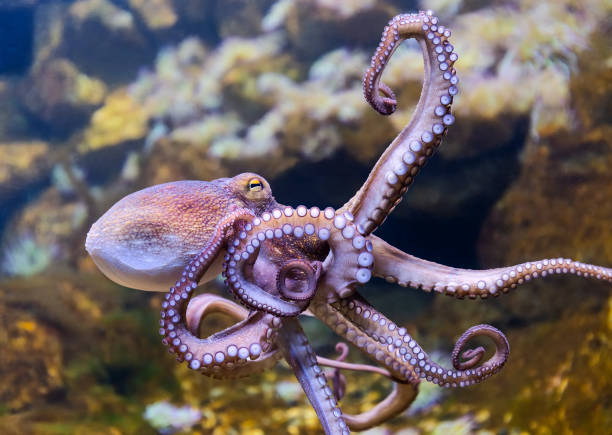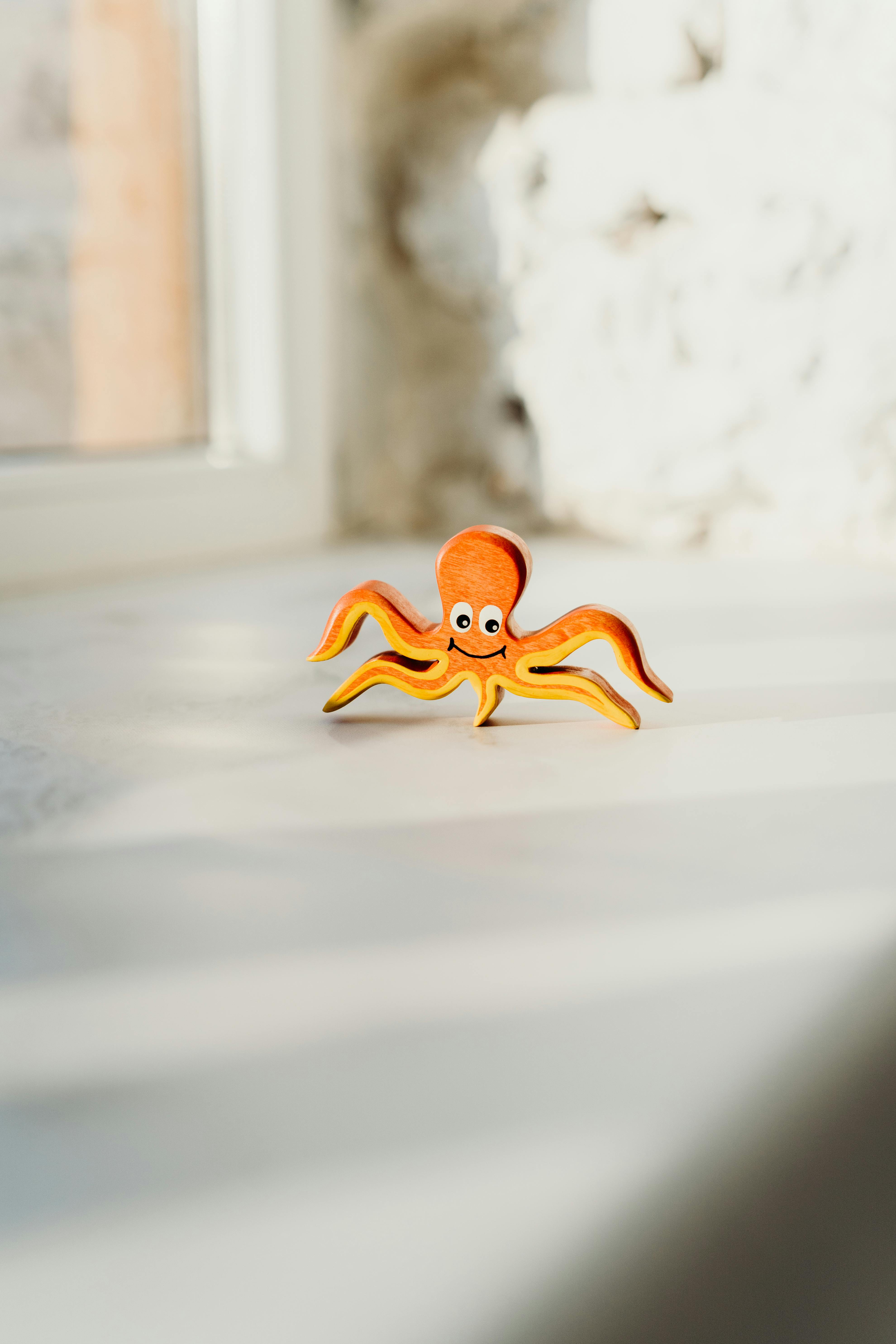"A Dive into the Intriguing World of Octopuses as Pets"
In the realm of exotic pets, there exists a creature that combines intelligence, beauty, and intrigue—the octopus. As odd as it may sound, keeping octopuses as pets is a growing trend among aquarists and marine life enthusiasts. However, it's not for the faint-hearted. This article will delve into the fascinating world of pet octopuses, from their unique characteristics to the challenges of caring for such an exotic pet.

Understanding Octopuses: A Brief Background
Octopuses, part of the cephalopod family, are renowned for their intelligence, with their cognitive abilities often compared to that of dogs. They’re capable of problem-solving, escaping enclosures, and even recognizing individual humans. Historically, these creatures were viewed with awe and depicted in mythology and art, from the giant Kraken of Norse legends to the octopuses adorning ancient Greek pottery.
Today, they’re the subject of numerous research studies, revealing their remarkable adaptability, camouflaging abilities, and even short-term memory. However, while we’ve gained a wealth of knowledge about these creatures, they still remain largely mysterious due to their elusive nature and predominantly deep-sea habitats.
The Trend of Keeping Octopuses as Pets
In recent years, there’s been an increasing interest in keeping octopuses as pets, particularly species like the Dwarf Octopus or the larger Pacific Octopus. This trend is driven by their unique behaviors and the challenges they present for their keepers. However, octopuses are not traditional pets. They require specialized care and environments, making them a demanding choice for even experienced aquarists.
The market for pet octopuses is still niche, but growing. Prices for octopuses vary widely, depending on the species and source, ranging from $30 for a small common octopus to over $1000 for a larger, more exotic species. As interest grows, so does the potential impact on both the aquarium market and wild octopus populations.
Challenges and Considerations of Octopus Care
Caring for an octopus is no small feat. Their intelligence and dexterity make them notorious escape artists, so a secure tank is a must. They also require specific water conditions, including temperature and salinity, and a diet of fresh, live seafood.
Furthermore, octopuses are solitary creatures with short lifespans—most live only one to two years. This means pet owners may face the emotional challenge of losing their pet relatively quickly. Plus, their solitary nature means they cannot be housed with other creatures without risk of predation.
The Ethical Debate: Should Octopuses Be Pets?
The trend of keeping octopuses as pets has sparked a debate among animal enthusiasts and conservationists. Some argue that these intelligent creatures belong in the wild, not in home aquariums. Others worry about the impact on wild populations as the demand for pet octopuses grows.
On the other hand, proponents argue that responsible pet ownership can contribute to our understanding of these fascinating creatures and even aid in their conservation. However, this requires stringent regulations on sourcing and care, ensuring that these complex creatures are not exploited for the pet trade.
Conclusion
Octopuses are undoubtedly fascinating creatures, combining intelligence, beauty, and mystery. As pets, they offer a unique and challenging experience. However, prospective owners must weigh the demands of octopus care and consider the ethical implications. As we continue to learn more about these remarkable creatures, one thing is clear—the world of pet octopuses is as complex and intriguing as the animals themselves.




